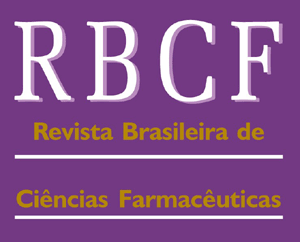The ergogenic effects of caffeine on performance in anaerobic activites are not clear yet, so are the mechanisms involved in this type of physical effort. The theories that have been trying to explain the ergogenic effects of caffeine during anaerobic activities are related to the effect of caffeine in some portion of the central nervous system (CNS), the propagation of neural signs between brain and neuromuscular junction, and also to the effect of caffeine on the skeletal muscle, facilitating the stimulation-contraction of the skeletal muscle. Some studies have been indicating increases of muscular strength accompanied by greater resistance to the installation of the process of muscular fatigue after caffeine ingestion. It has been suggested that it happens much more by the direct action of caffeine in CNS than by its action at peripherical level. Regarding maximum and submaximum exercises of short duration, the studies have been controversial, although most of them indicates that caffeine seems to improve the performance significantly in maximum exercises of short duration (<5 min), when not preceded by sub maximum prolonged exercises. However, these results need to be confirmed, as well as the mechanisms of action of caffeine in these types of efforts.
Caffeine; Ergogenic; Performance; Anaerobic exercise



